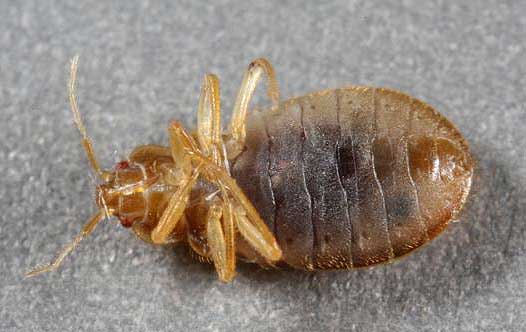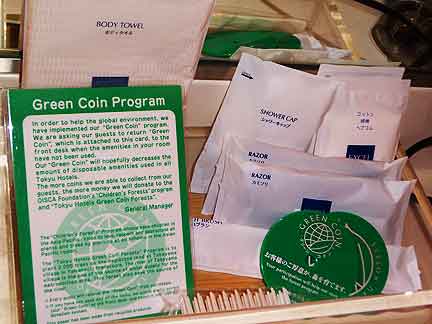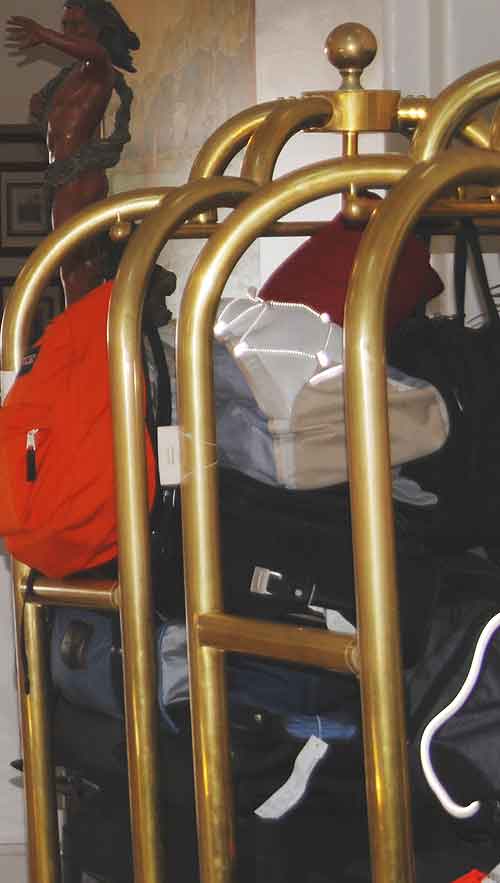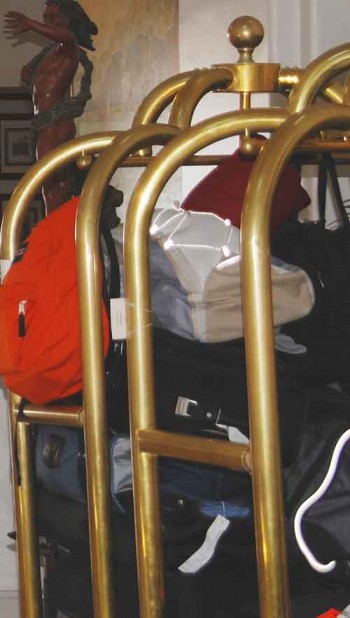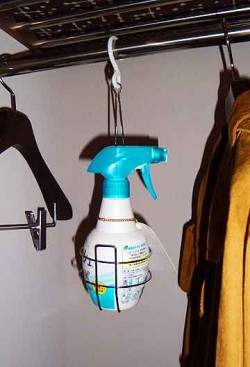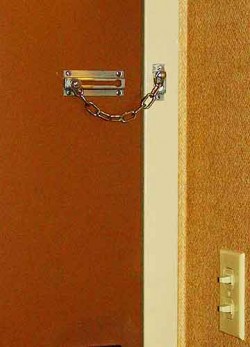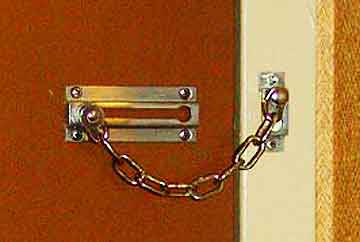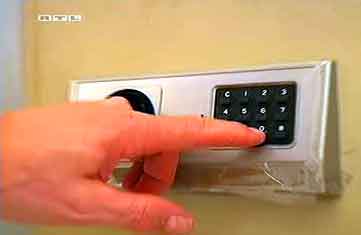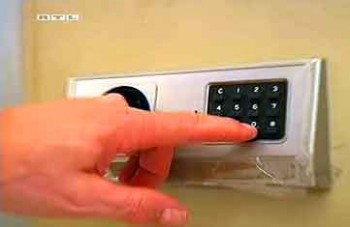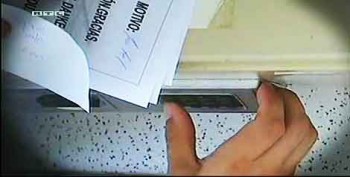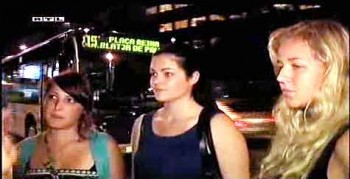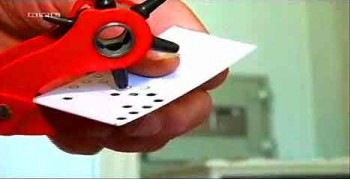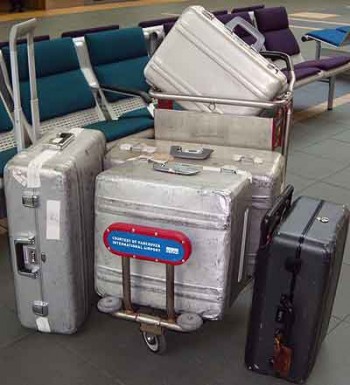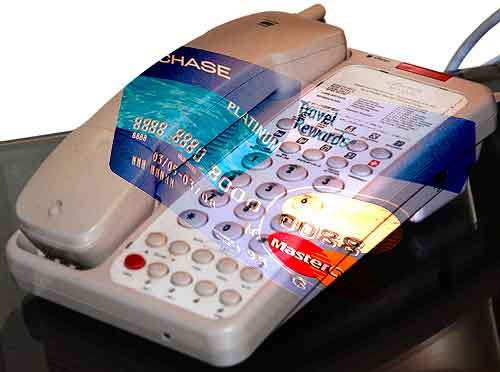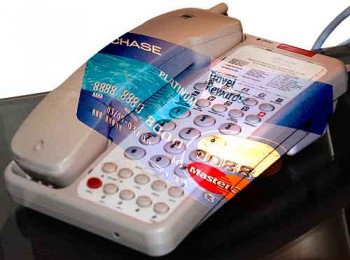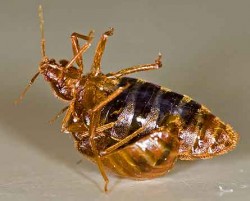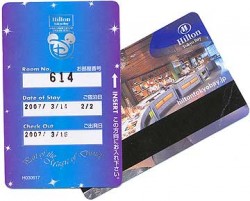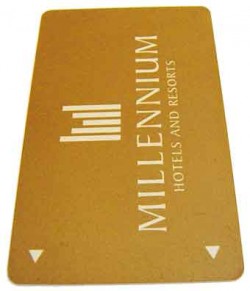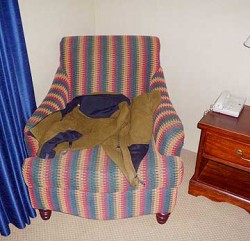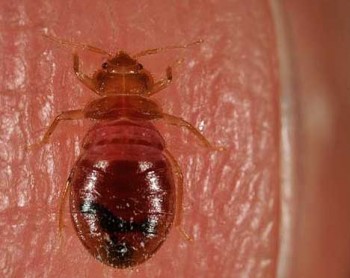
Violent sex in hotel rooms may or may not excite you, but it’s happening more and more often these days. “Traumatic insemination” is the correct terminology for the savage act these male perpetrators perform.
Yes, I’m referring to bed bug reproduction, and it’s probably occurring in a bed near you. Hopefully, not your own. Hopefully, not one you’ve slept in.
Given the number of nights I stay in hotels every year (200+), this concerns me. I know that mosquitoes are attracted to me, but I’m not aware of having slept with bed bugs. Now that infestations are pretty much exploding across the country, I worry about the possibility, but not in an obsessive way. I don’t inspect hotel beds, for example, though maybe I should.
I’m not just worried about being bitten. I’m afraid of bringing the parasitic hitchhikers home with me, in my clothing or luggage.
The entomologist in my family shared this little zinger from a fellow bug man who travels a lot (but probably not as much as I do):
…when I stay in hotels, all my luggage immediately goes into the bathtub. I don’t drop any clothes on the bed. One of the experts in bed bugs who does a lot of traveling said that he has now found bed bugs in 4 of the hotels where he stayed. He also takes everything that can be thrown into the dryer as soon as he gets home and runs the dryer for about 20 minutes. Another thing to do is bring giant trash bags with you on trips. When you get to the hotel, break out the trash bag, put a piece of luggage in each bag and seal it whenever you aren’t actively dipping into the luggage. It isn’t fun but getting an infestation of bed bugs in your home means all new furniture, rugs, drapes, etc. It is a very expensive treatment and you lose lots of stuff.
(The bug scientist quoted above prefers not to be named.) First I’d ask him: what kind of hotels do you stay in? But that would be naive, because any bed can get them if a bed bug-carrying human or animal has been in it.
The insect we’re talking about, Cimex lectularius, is a wingless external parasite that feeds only on blood, says entomologist Lenny Vincent. It only needs to feed about once a month, but adults can survive over six months without a meal. And the female can lay some 540 eggs during her lifespan.
When I was a child, my parents put me to bed with the same comforting verbal-barbiturate every evening: “Night-night… sleep tight… don’t let the bed bugs bite!” I believed bed bugs were some sort of mythical creature, like tooth-fairies and goblins and bambianikins; fictitious characters to smile about and dismiss.
And to some extent they were fictitious; at least in the U.S., bed bugs were pretty much history, thanks to DDT. Had I known as an eight- or ten-year-old kid that tiny bed-dwelling critters that dine on human blood actually existed, I would have been up all night, or screaming with nightmares. But DDT went away in 1972, and foreign travel increased, bringing new infestations. Now, bed bugs are back.
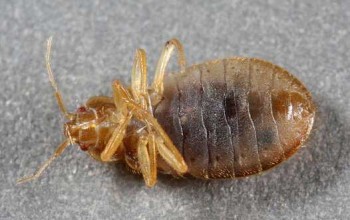
Back to bed bug sex for a minute. Males are attracted to the scent of a well-fed individual (bug, not human) of either gender. An accosted male will send out a scent signal indicating that he’s not fair game. When the male finds a female, he plunges his aedeagus (penis) into her belly, without bothering to find a proper entry point. Hence the term, traumatic insemination. My guess is that the female vows never to mate with that guy again! You’ll soon learn, little miss bug: they’re all the same….
As awful as a bed bug-infestation-brought-home sounds, I can’t examine every hotel room and bed for bugs. I can’t imagine storing luggage in the bathtub—not all hotel rooms even have bathtubs—nor can I imagine the hassle of the plastic bag wrap. But I may live to regret my laziness. I should take it from an entomologist.
Think you’ve got ’em at home? For $350, you can call in trained dogs to sniff them out with 96% accuracy.
People can look up and report sightings and infestations at The Bed bug Registry, though claims are not verified.
New York City’s serious infestations have prompted the publication Preventing and Getting Rid of Bed Bugs Safely.
Pest control companies are hawking heat treatments. One provides a bed bug-baking service for any size space. Four hours at 130° does it, they say. Maybe less. Confidentially. So your neighbors (or other hotel guests) don’t know you’ve got bed bugs.
Perhaps even you can smell them. Bed bugs are said to smell like cilantro and unripe coriander seeds. Or, the other way around: “The very name coriander is said to be derived from the Greek word koris, meaning bed bug. The foliage of the plant, and its seeds in the unripe stage, have an odor which has been compared with the smell of bug-infested bedclothes.” The Oxford Companion to Food, 1999.
3/11/17: Edited to add a great resource, more than you ever wanted to know about bed bugs, on the site of nonprofit org Tuck, which is devoted to sleep.

